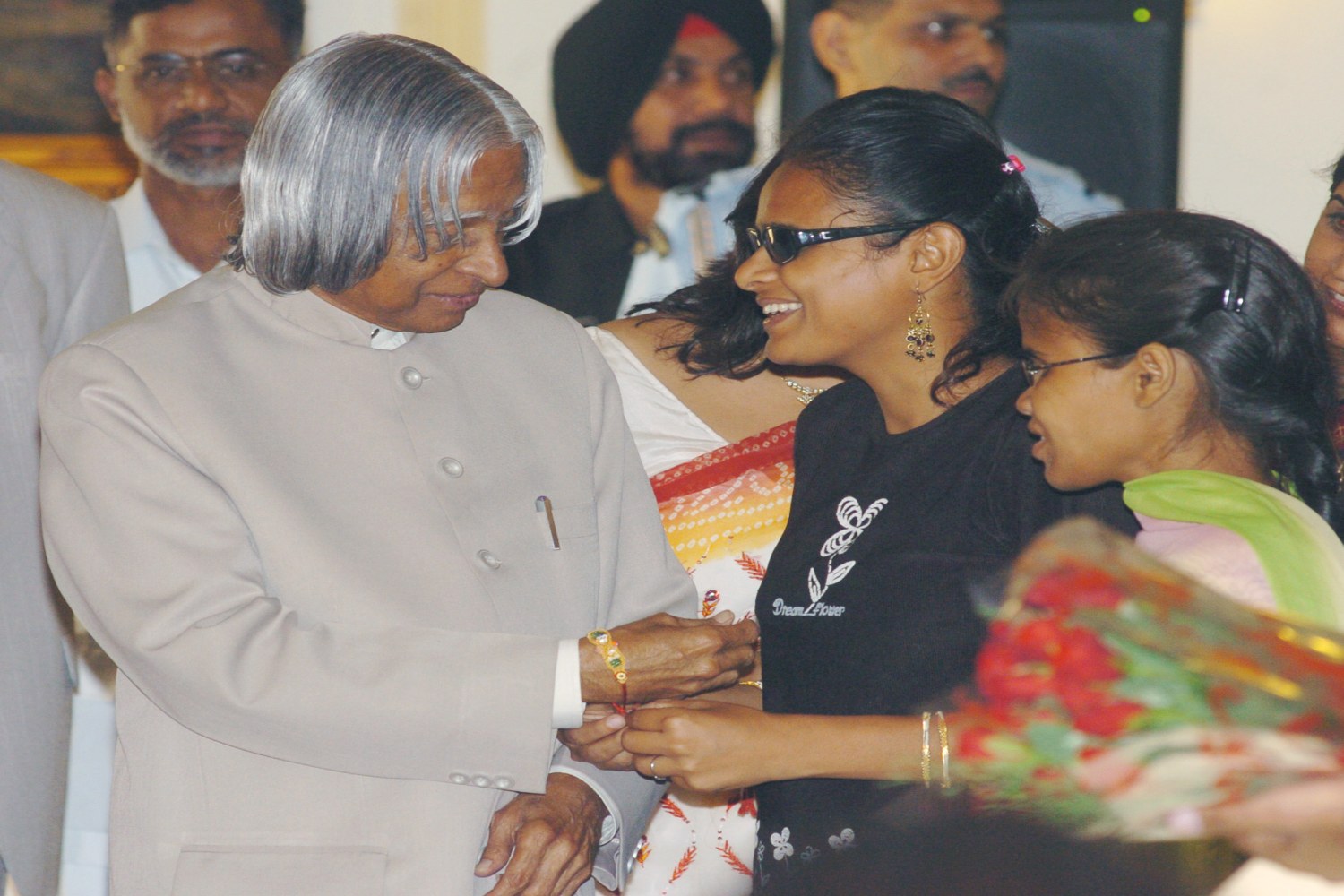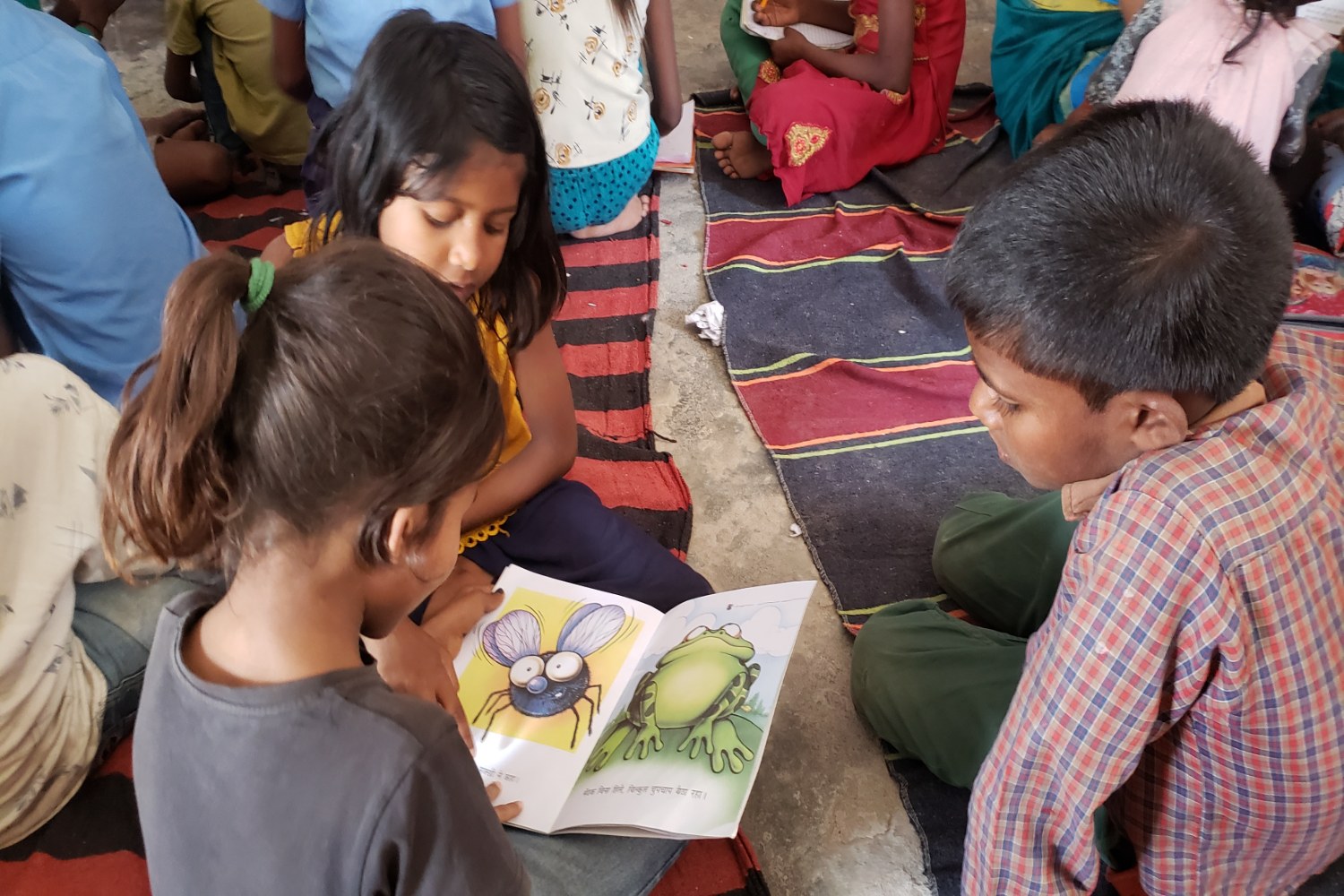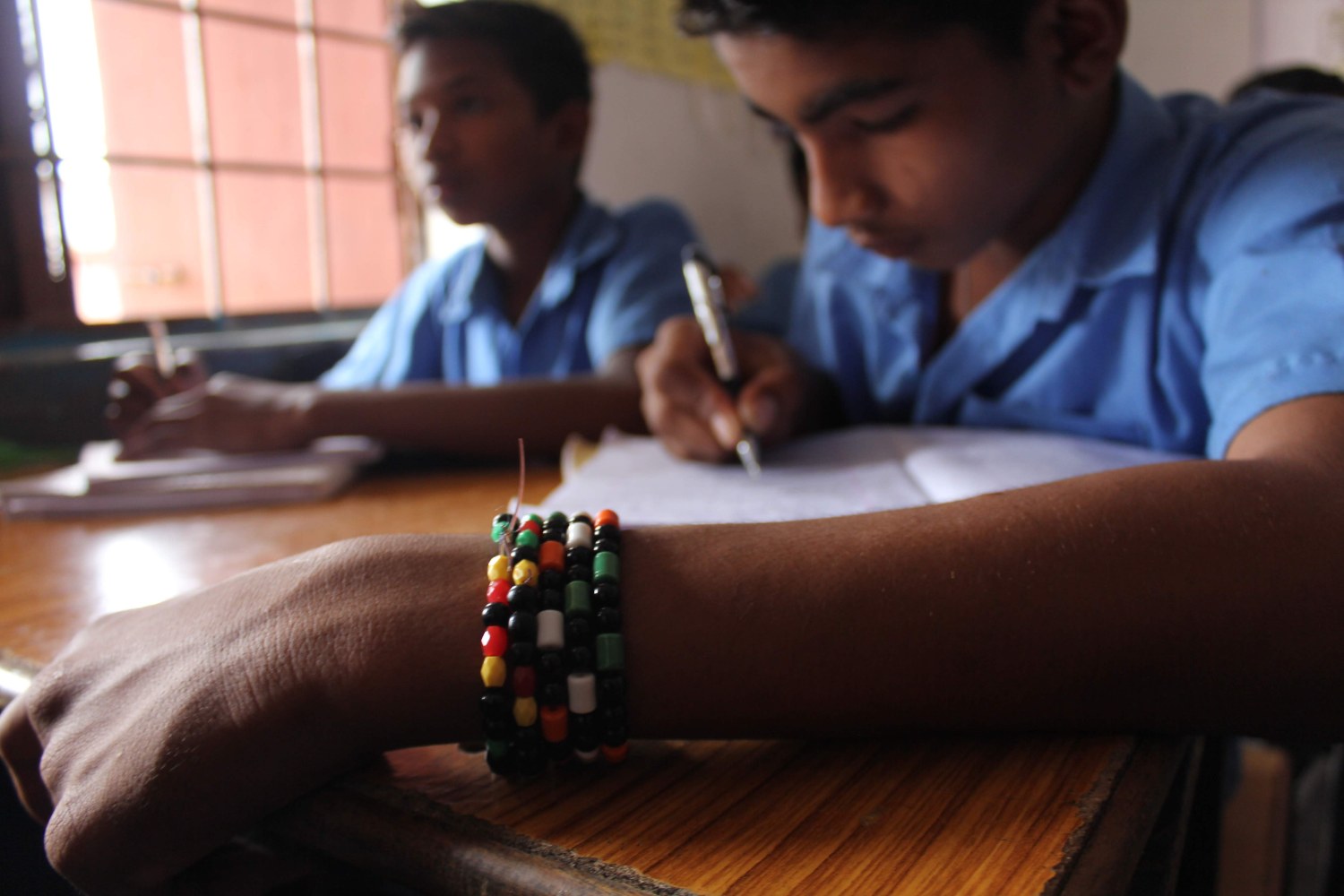Reflections on inclusive education in the implementation of New Education Policy
Mallikarjunaiah discusses various aspects of inclusion in the NEP and the implications for practice that these throw up.

NEP 2020 states, “The aim must be for India to have an education system by 2040 that is second to none, with equitable access to the highest quality education for all learners regardless of social or economic background”. The following aspects of the policy are the most relevant to inclusion of all children in education:
- Recognizing, identifying, and fostering the unique capabilities of each student, by sensitising teachers as well as parents to promote students’ holistic development in academic and non-academic spheres.
- Respect for diversity and respect for the local context in all curricula, pedagogy, and policy, equity and inclusion as the cornerstone of all educational decisions to ensure that all students are able to benefit from the education system and to achieve the goal of learning for all.
The concept of skill development from 5th grade onwards, flexible curriculum, outcome-based learning, school support systems, special education zones, teacher training reforms, greater autonomy to universities are just a few measures which would benefit girls/women immensely. These would need to be implemented with scientific precision-based road maps supported with budgets and built -in monitoring mechanisms.
In order to translate this vision in action we need to address the following:
Lack of child-centred and relevant curriculum: The curriculum lacks flexibility and does not provide choice to these children. The teaching-learning material is not appropriate for children with and without special needs.
Large class size: There are normally 30 to 40 students in a class, which makes giving individualized attention to learners very difficult. Teachers find it all the more difficult with children with special needs. Teachers need to be empowered to enhance their skills, knowledge and qualifications. This would help them to fulfil their role adequately.
Facilitating the learning of Braille, alternative scripts, augmentative and alternative modes, means and formats of communication and orientation and mobility skills, and facilitating peer support and mentoring also need to be enhanced.
Recognizing, identifying and fostering the unique capabilities of each student: New provisions are made in NEP, which will favor students with disabilities. However, there is still uncertainty about the large-scale work that requires to be done, especially in courses of higher studies.
Identification of children with disabilities is a major challenge for teachers. NEP 2020 refers to learning disabilities only in the context of training teachers to identify disabilities, ignoring other cognitive disabilities that are mentioned in RPWD Act, 2016, such as intellectual disabilities and autism.
There is a need to standardize Indian Sign Language as a valuable language system for all students, not just for students with hearing impairments.
Educational challenges of children with disabilities stem from a rigid curriculum, inaccessible schools and classrooms, absence of modified assessments, and deficit perspectives that place limits on what disabled children can achieve. These challenges need to be addressed while implementing the NEP.
Respect for diversity and for the local context in curricular and pedagogic processes needs to be highlighted. Equity and inclusion has to be the cornerstone of all educational decisions to ensure that all students are able to benefit from the education system and to achieve the goal of learning for all.




No approved comments yet. Be the first to comment!